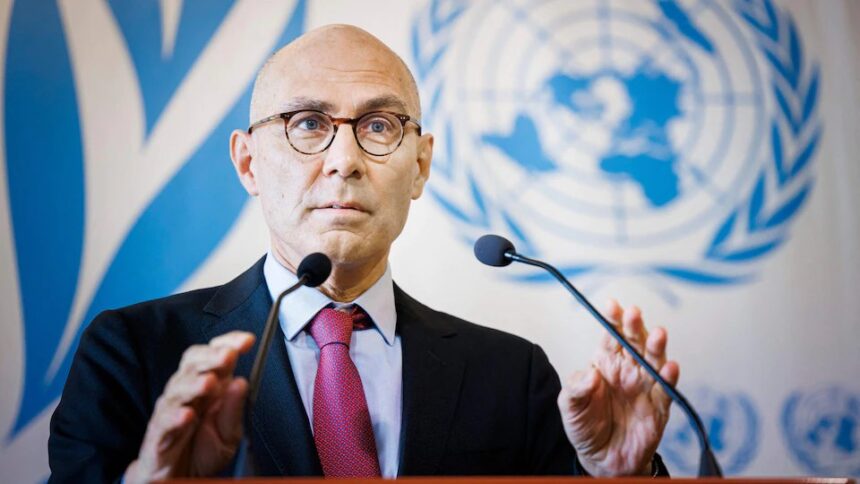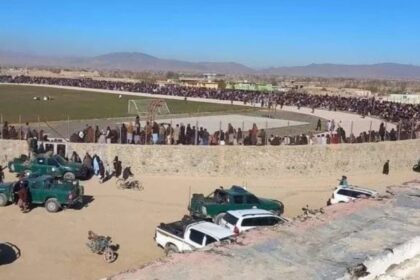RASC News Agency: Volker Turk, the United Nations High Commissioner for Human Rights, has condemned the Taliban’s recent prohibition on women and girls pursuing medical education in Afghanistan as an “unprecedented injustice” unparalleled in the contemporary world. In a strongly worded video statement, Turk criticized the Taliban’s latest decree, asserting that it further “undermines the fundamental rights of women and girls in Afghanistan.” Turk urged the Taliban to “immediately rescind all discriminatory policies,” highlighting the profound and far-reaching consequences of their actions on Afghanistani society.
The directive, issued by the Taliban’s supreme leader, mandates the closure of all medical and semi-higher education institutions to female students. On Monday, Noor Jalal Jalali, the Taliban’s Minister of Public Health, officially announced during a meeting with administrators of health institutes in Kabul that women would no longer be allowed to study in these institutions. This decree comes nearly a year after the Taliban banned women from attending universities in December 2022. Following that ban, many women had turned to medical institutes as a final avenue for education. However, the latest order eliminates even this possibility, effectively shutting the last door to higher education for Afghanistani women.
For over three years, the Taliban have also prohibited girls above the sixth grade from attending school. This policy exacerbates Afghanistan’s severe shortage of female healthcare professionals, including doctors, nurses, and midwives roles essential for meeting the country’s critical healthcare needs. Human Rights Watch has denounced the ban, warning that it will result in “suffering, illness, and the premature deaths of countless women.” The organization also pointed out that, beyond barring women from education, the Taliban have, in certain provinces, prohibited male doctors from treating female patients, further deepening the healthcare crisis.
The rights group called for accountability, urging the international community to hold the Taliban responsible for their “systematic crimes against women and girls.” It emphasized the importance of addressing the broader issue of impunity for severe human rights violations in Afghanistan. This latest move is yet another step in the Taliban’s relentless campaign to erase women from public life, drawing widespread global condemnation and underscoring the escalating humanitarian and rights crisis in Afghanistan.






